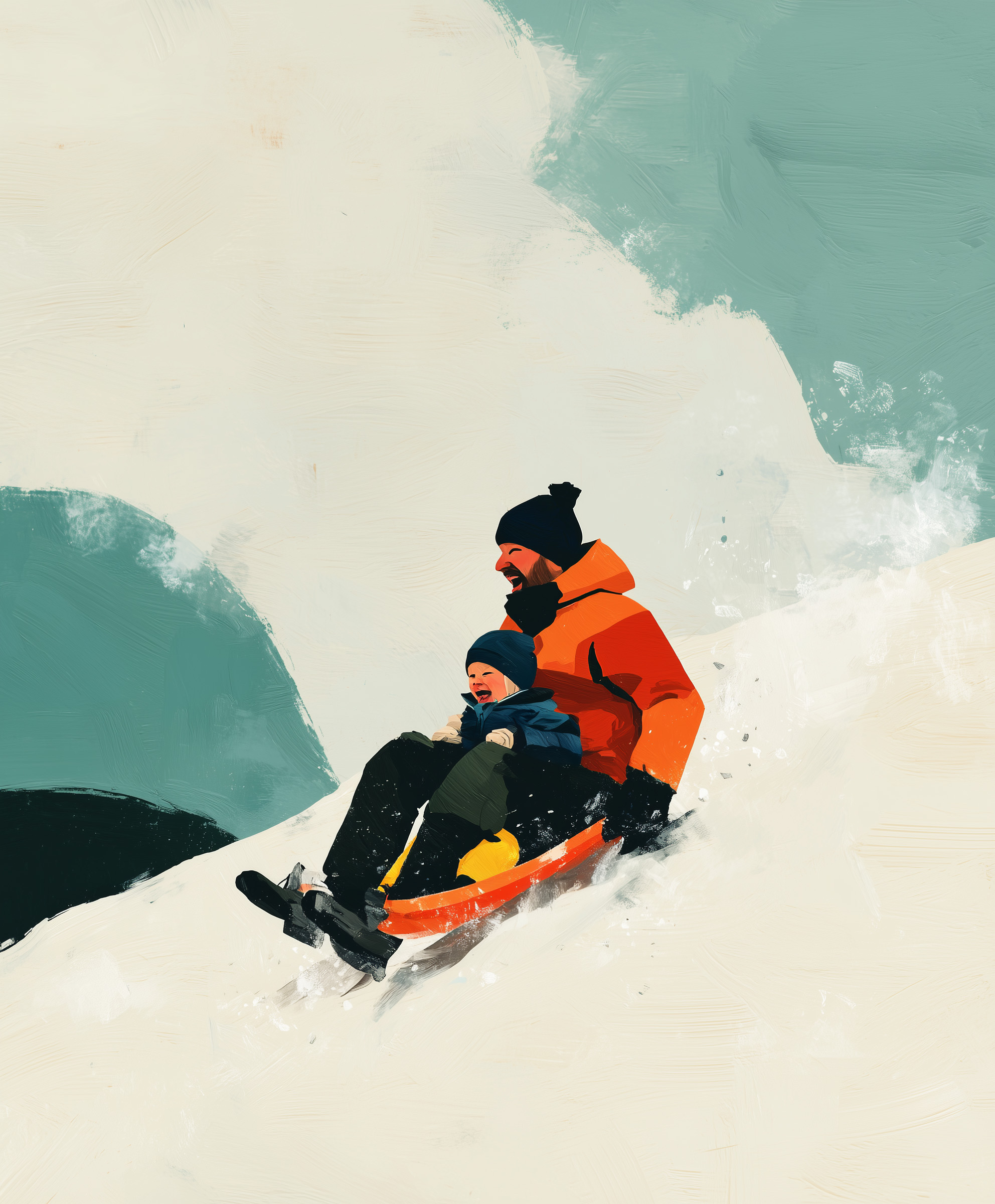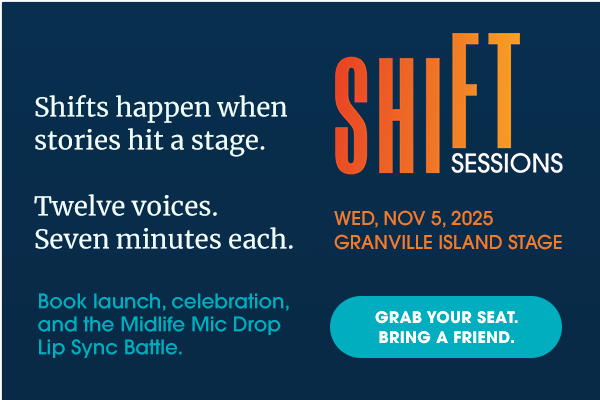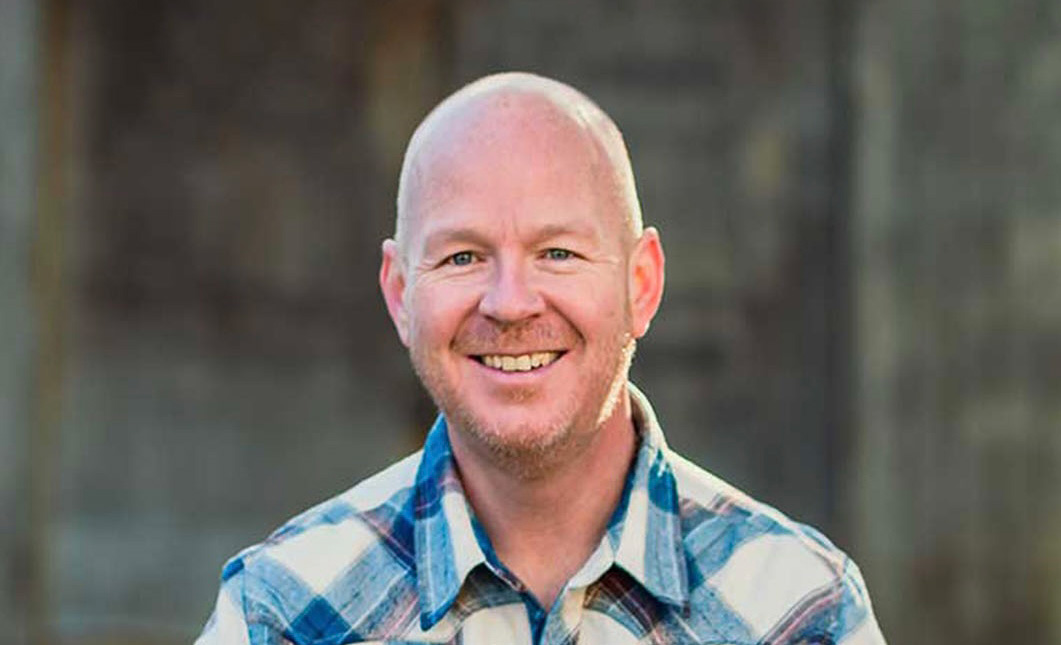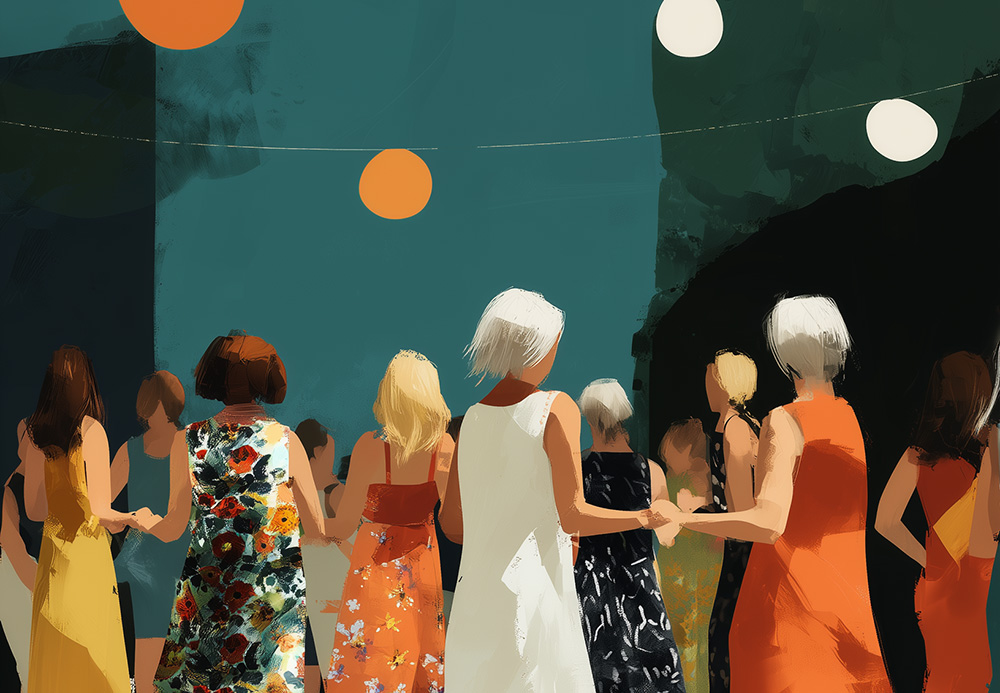I keep coming back to a particular mid-February afternoon. If the summer’s long days are known colloquially as dog days, that afternoon felt a lot like the end of Ol’ Yeller.
It’s bitterly cold outside. I am bone tired inside.
I have completed a full day of counselling work with a range of clients. Some showed up for the session with calmness and clarity, while others had the look of panic in their eye that a therapist recognizes immediately as dysregulation. While all therapeutic work asks my whole person to be present with the other sitting across from me, I would be lying if I said all sessions draw the same amount of energy from my body, mind, and spirit. And by the end of that particular day, I have no reserves left.
Caring roles (professional and personal) sit in a unique space when it comes to effort and energy. In therapist school I was taught the concept of “safe and effective use of self” — or in layman’s terms, “You’re a tool, Eric.” No, really, in counselling there is an understanding that I, as the therapist, am like the carpenter’s hammer, the thing that helps change happen. Instead of building a home, I am helping others to build something personal and life-changing. So if you’re a hammer helping build other people’s immaterial homes, caring for yourself is not simply a nice idea, it is a necessity.
If you engage in any amount of caring for others in your daily life, you know the importance of caring for yourself, and the very real cost when you don’t. There are good reasons why we so often hear the analogy about putting on your own oxygen mask before assisting others with theirs.
joy-filled moments offer a counter-balance to the toll everyday life takes on the human mind, body, and spirit.
What sustains us
Gary Haugen (founder and CEO of International Justice Mission) once said that joy is the oxygen of justice. Now, Haugen has seen the effects of genocide, violence, and human cruelty at its worst, so this idea of joy may seem, at first, confusing if not outright confounding. But what Haugen is getting at has mountains of evidence, and has roots in human psychology. The way our bodies need oxygen to survive, our souls need joy in order to sustain and engage in the work of justice, compassion and care. In fact, joy-filled moments offer a counter-balance to the toll everyday life takes on the human mind, body, and spirit.
When I map the inner landscape of my psyche, I come across multiple “parts” of myself (you can read more on this topic in a previous article). One part worries about finances, the kids, the lawn. He does a great job of showing up on time and looking the part, even if the skin under his eyes feels like a slowly melting snowman. Beside him is an impulsive, reactive part that wants to avoid any and all discomfort with momentary distractions — hello, potato chips!
Behind him is another familiar face - he’s young (maybe 8?) and vibrant. He wears a camouflage bucket hat atop his frosted-tipped brown hair, sunkissed shoulders exposed underneath his red and white tank top. His camo ensemble is rounded out by cargo shorts with pockets filled to the brim with rocks and fishing lures. This is my child self, and he loves to play. He doesn’t need reminding to run toward what brings him joy.
So how do I refuel and sustain myself after a long day of sessions, and before entering into my personal life which (spoiler alert) also includes caring for my loved ones? Well, I start by following the lead of that vibrant kid.
Back on that mid-February afternoon, the winter winds blow so hard the walls of my home groan; I imagine it like an ancient Gregorian rhythm. But I have found my way outside now with my young son, both of us bundled head to toe, sled in hand. Soon, we are flying down a local hill. Powdery snow whips into my eyes, but I could not care less. I am listening to what the bucket-hat-wearing kid version of me says to do. And I am loving it.
how do we sustain our brain, body, and spirit so we don’t hit that burned out, running-on-empty feeling quite so quickly or so often?
Radical curiosity
Beyond quick refuels in the moment (which are great and important), how do we sustain our brain, body, and spirit so we don’t hit that burned out, running-on-empty feeling quite so quickly or so often? Well, we can start by noticing what it looks and feels like when we start running low.
One of the burnout flags I watch for in myself and in my clinical practice is rigidity of mind. If I notice that I am approaching a topic or concern with a lot of black and white thinking, that’s a good indicator it’s time to refuel. If we stay in a place of rigidity, we narrow our world and rob ourselves of something rare in our modern world (unless you know where to look): Curiosity.
When I think of toddler-aged kids, one word rings in my ears with surprising power: “Why?” On repeat. “Why?” Questions about body parts are followed by curiosities about the sky, the fridge, a bug, their friends. For kids, there is no limit to curiosity and exploration, despite the pleas of an exasperated parent craving peace and quiet. We eventually lose much of this innate curiosity as our brains create shortcuts, categories, and schemas with age and experience. And while this efficiency simplifies our lives, it leaves lots of untapped joy out on the table every single day.
The fuel we need
In simple terms, the human brain is wired for seeking. The search, the hunt, the pursuit of knowing and understanding is there from the start - the baby learns to reach for toys, the teenager seeks preferences to build up a solid sense of self. Similarly, the recent retiree can find renewed joy and purpose in new activities and social circles.
While our need for curiosity and joy as a sustaining force in midlife is as real and pressing as ever, decades of lived life often make it hard for us to access them. So when we turn toward the young version of ourselves and follow their lead into curiosity, we can begin to brush away the dust and cobwebs, and access what we have known all along: how to play without purpose. When we allow novelty and fun to seep into our tired, under-nourished and over-caffeinated systems, we’ll find fuel we need to continue living and creating relational, caring, compassionate, full lives.













